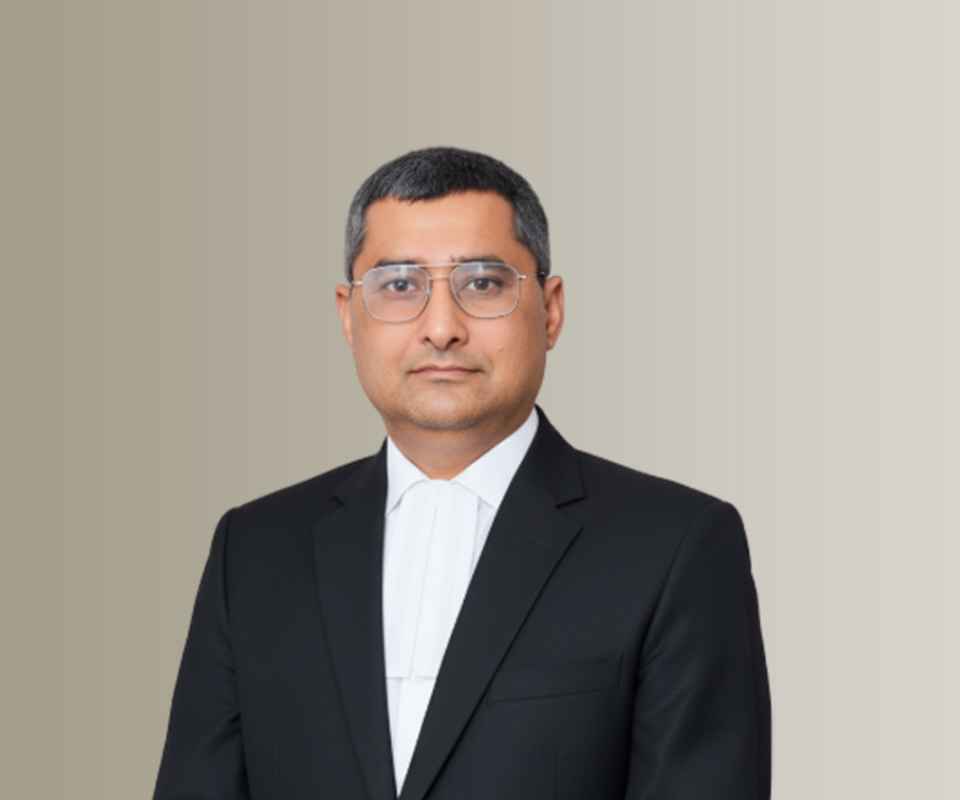Answer By law4u team
In India, the presence and involvement of witnesses are critical when executing a will. Witnesses serve to confirm that the will was made voluntarily and with the appropriate mental capacity of the testator. Their role is crucial in ensuring the validity of the will during the probate process and in protecting the will against potential legal challenges.
What Is The Importance Of Witnesses In A Will?
Legal Requirement for Validity:
Under the Indian Succession Act, 1925, the execution of a will requires the presence of at least two witnesses. These witnesses must be present at the time of the signing of the will by the testator (person making the will). Their signatures validate the will, confirming that the testator’s signature was made voluntarily and in their presence.
Confirming Testamentary Capacity:
One of the key responsibilities of witnesses is to affirm that the testator had testamentary capacity at the time of signing the will. This means that the testator must be of sound mind, understanding the nature of their actions, the consequences of their decisions, and the property they are disposing of. Witnesses can testify in court if the will is contested, confirming that the testator appeared mentally capable during the execution of the will.
Prevention of Fraud and Coercion:
Witnesses act as a safeguard against potential fraud, undue influence, or coercion. If someone contests the will, claiming that the testator was pressured or forced to sign, the witnesses can provide evidence that the signing was done willingly and without outside interference. Their presence helps ensure that the testator's true intentions are honored.
Witnesses’ Role in the Probate Process:
When a will is presented for probate (the legal process of validating the will), the witnesses may be required to testify that they were present when the will was executed and that the testator signed it voluntarily. If the witnesses cannot be located or if they do not testify in support of the will, the probate court may question the authenticity of the will, potentially leading to legal complications.
Legal Formalities for Witnesses:
The witnesses must be present at the time of the signing of the will.
They should be aware that the document they are signing is a will.
Age and Soundness of Mind:
Witnesses must be adults and of sound mind. They should understand the significance of their role in validating the will.
Impartiality:
Ideally, witnesses should not be beneficiaries under the will. Having beneficiaries as witnesses can create conflicts of interest, and it may be a ground for contesting the will, especially if a family member is involved.
Witnesses and Legal Disputes:
If a will is contested on the grounds of its validity (such as claims that the testator was not mentally fit or that they were coerced), witnesses can provide crucial testimony to uphold the authenticity of the will. Their testimony can be pivotal in proving that the will was executed properly and that it reflects the testator’s true intentions.
Example:
Mr. Rao, an elderly man, writes a will in favor of his niece, stating that she should inherit his property. At the time of signing the will, two neighbors, Mr. Kumar and Mr. Shah, are present as witnesses. Both sign the document, confirming that Mr. Rao appeared to be of sound mind and signed the will voluntarily. When Mr. Rao passes away, the will is presented for probate. During the probate process, Mr. Kumar and Mr. Shah testify that Mr. Rao was mentally clear and made the decision willingly. This helps the probate court uphold the will, despite any challenges from other relatives.
Witnesses' Role in Preventing Future Disputes:
Having witnesses helps ensure that the will is executed smoothly after the testator’s death, minimizing the possibility of disputes. The witnesses confirm the will's legitimacy, making it less likely for others to challenge its authenticity on the grounds of improper execution.
Example in Legal Action:
Mrs. Mehta writes a will leaving her assets to her daughter. She signs the will in the presence of two friends, Mrs. Gupta and Mr. Sharma. If anyone later contests the will, claiming that Mrs. Mehta was coerced or lacked the mental capacity, Mrs. Gupta and Mr. Sharma can testify that they witnessed Mrs. Mehta signing the will voluntarily, with full awareness of her actions, ensuring the will's legitimacy.
Legal Actions and Protections:
Witness Testimony in Case of Will Contest:
If the will is contested, the court may summon the witnesses to confirm that the testator was of sound mind and signed the will willingly. If the witnesses testify that the will was executed according to legal formalities, the court is more likely to uphold the will.
Witnesses as Safeguards Against Manipulation:
The presence of neutral and unbiased witnesses helps prevent situations where someone might try to manipulate the testator into making changes to the will under pressure. The witnesses can vouch for the authenticity of the will, making it harder for others to claim that the will was forged or altered.
Conclusion:
Witnesses play a vital role in ensuring the validity of a will. Their presence confirms that the will was executed with proper legal formalities, and their testimony can be crucial in the probate process. Witnesses help prevent fraud, undue influence, and other challenges that could arise regarding the will’s authenticity. In order to protect the will from future disputes, it is essential that the witnesses are impartial, of sound mind, and fully aware of their role in the execution of the will.







